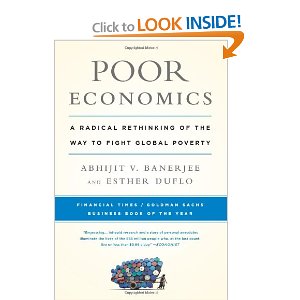
Respect is due to those who developed the viable method of desalination of seawater described in this report. A means of mitigating the damage done by fracking to potable ground water should include Canadian advances in desalination technology presented by Tang/Zoshi of rexresearch.com. The cumulative effects of fracking includes networked systems in the environment including aquatics. Mere substitution of lost fresh water supplies may prove inadequate to remedy the total negative cost of fracking. Anticipated economic benefits from shale oil production may fund a more profound restoration of lost environmental securities.
James TANG & Joshua ZOSHI
Saltworks Technologies is positioned to commercialize a breakthrough desalination technology during a time of increasing freshwater scarcity, rising energy prices, and mounting concerns over carbon impacts.
Saltworks' patent pending technology employs an innovative Thermo-Ionic™ energy conversion system that uses up to 80 per cent less electrical/mechanical energy relative to leading desalination technologies. The energy reduction is achieved by harnessing low temperature heat and atmospheric dryness to overcome the desalination energy barrier. Saltwater is evaporated to produce a concentrated solution. This solution, which has concentration gradient energy, is fed into Saltworks' proprietary desalting device to desalinate either seawater or brackish water. Some electrical energy is used to circulate fluids at a low pressure, yet the bulk of the energy input is obtained through the evaporation of saltwater.
Perfomance of this novel process improves in arid regions, which happen to be the very regions that require freshwater. The technology also requires less pre-treatment and chemicals than traditional processes.
Applications for Saltworks' technology include producing drinking water for communities and municipalities, irrigation water for agriculture, and process water for industry. It is especially well-suited for situations with low temperature thermal energy (30-40 degrees Celsius) such as simple solar thermal or waste heat.
The technology has been proof-tested by the National Research Council of Canada and BC Hydro's Powertech Labs. An outfitted 1,000 litre a-day seawater pilot plant complete with chemical free pre-treatment will soon be fully operational at a harbour location in Vancouver, British Columbia.
See Also:






